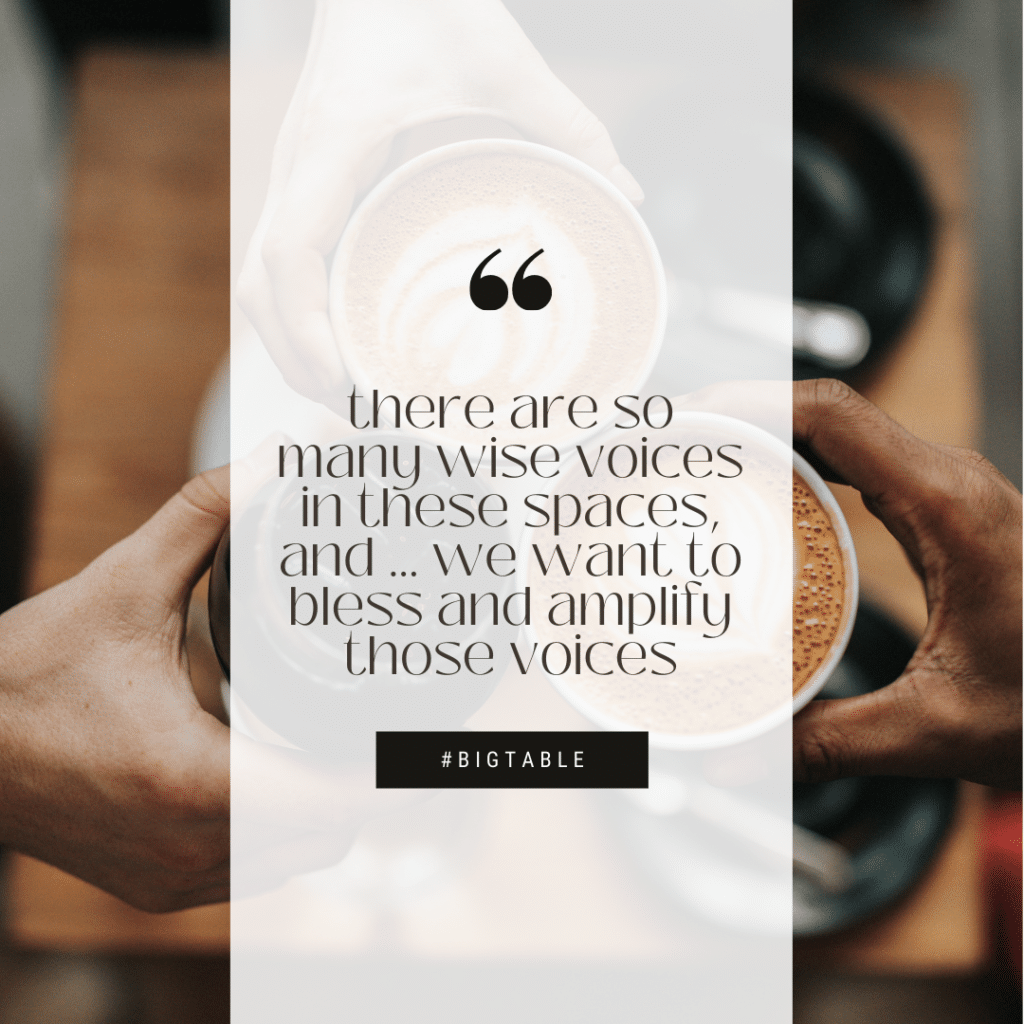By Bill White
Dear conservative pastors with LGBTQ kids,
As a parent who had expected his kids to be straight, I can relate to the wave of disorientation that crashes over you when your child comes out. I’ve experienced that twice now. I wrote a blog about the conversation when Timothy came out and another one about the anguish and self-doubt that I faced in that season. The grief is real. It’s especially real for those of us raised in a faith tradition like evangelicalism that assumes being anything but straight is a violation of God’s design and a nonstop ticket to judgment.
For me as a pastor, having two gay kids opened the floodgates for conversations with other people’s gay children, especially those with parents who are pastors or in leadership in conservative churches. I thought it might be helpful to share some stories of LGBT kids coming out in pastors’ homes so we can better understand what it is like for them and think with more nuance about how we might love them well. These are snippets of real conversations I’ve heard recently with real people who each matter to God.
A: “My church always said it welcomed everyone. I never felt welcomed.”
G: “Everything was fine until I started therapy. But my therapist was really good and I couldn’t repress the truth any longer. Eventually it was either come out or end my life.”
E: “In high school my dad was a pastor and my mom was really rigid. When I knew they were getting close to finding out I was gay, I kept a bag packed in my closet in case things got bad. It was a good thing I did.”
L: “My dad’s an elder and my mom teaches Sunday school. When I came out to them, they pretended to listen to me but they didn’t ask questions, didn’t show any curiosity, and would just send me bible verses or literature about not being gay. Maybe it was their attempt at love, but it came across as coercion.”
V: “I’m terrified to tell my parents. I hear them in their prayer meetings praying for demons to come out of people like me.”
It’s Normal to be Disoriented
If you’re a conservative church leader reading this blog, I can imagine that this is all very unsettling. It can feel overwhelming, disorienting, or even threatening. In fact, the first time I ever sat in the room with a child coming out to his parents (the dad was the lead elder), it was explosive, the father roaring at his son, “Why would you do this to us!”
You might feel trapped. You want to hold to your convictions regarding sin and yet you want to love your kids well. You feel great care for your child but at the same time your world starts to teeter, on the verge of collapsing, because you’re aware of how much you have to lose. And underneath it all is the grief, the sense of loss and or even guilt that you feel.
Let’s press into some of this tension with a few tough questions:
- When it comes to the competing values of your conviction about sin and your love for your child, do those really have equal weight in the sight of God?
- If the thought that one of your kids may be LGBTQ terrifies you, what if it’s actually a gift God is giving you, an invitation to grow in character, in empathy?
- If you feel it’s some sort of divine test, could it be that it’s not a test of how tightly you’re willing to hold to your doctrine, but instead a test of how radically loving you are able to be?
Three More Conversations
As we process these challenging issues, it’s important that we keep listening to the voices of the kids. Can you hear their sadness, their pain, their spiritual longing? I’m writing this blog on a Wednesday, and already this week I’ve had three more conversations.
- After church on Sunday I touched base with a woman who I’d invited the week before to reflect on where God was at work in her process of coming out with her parents. I was somewhat alarmed when she replied, “Your question sent me back to therapy.” By Sunday she was doing a lot better and just yesterday she shared more of her story and how God has indeed been at work in some healing ways, although she still cannot have an open conversation with her father, who is a pastor.
- Monday night a friend had me and Katy to dinner and asked for help in understanding his parents. They had cut off communication three years prior due to him marrying a man, but our friend had just graciously reached out by text with a warm note of reconciliation (even though he no longer goes to church). “You have to choose between heaven and hell” was the first response of his father, a church elder.
- Last night (Tuesday), I got a call from another friend who is trying to figure out how to relate to his nuclear family which is full of evangelical church leaders, including a megachurch pastor. Although he doesn’t go to church anymore, he’s been trying to read the bible and to process this new idea that God might love him, a gay man. Without a hint of sarcasm he asked, “Bill, do you think I was raised in a cult?”
These kids, most of them adults now, had a front row seat to watch their parents’ faith in action, and each one of them came out of their homes emotionally and spiritually scarred and broken. Does this sound like the kind of good fruit Jesus spoke about coming from healthy trees (Mt 7:17-19)?
How To Respond If Your Child Comes Out to You Someday
Each week I take a walk with a conservative pastor who is a dear friend of mine, and at the end we pray for each other, our families, and our city. This week we had a great conversation around what to do if your kid comes out to you, and we realized that most of us are sorely unprepared for this possibility.
In future blogs we’ll explore what it means to build more inclusive communities, including in our own homes. But for today, I want to share some basic handholds that my friend and I hashed out on our walk for when your child (or any loved one) comes out to you.
- Thank them for their courage and for inviting you into their life (this is a hugely vulnerable moment for them, so bless them for taking the risk).
- Unequivocally tell them you love them.
- Buy yourself some time to go on your own journey of grief, questioning, etc. by responding to any questions like “So do you think God judges me?” or even “How do you feel about me being gay?” with reminding them of your love, letting them know that this first conversation shouldn’t be about those sorts of questions, and that you’ll take some time to do some sorting through some of your emotions, thoughts, and beliefs, but for now you just want to express gratitude for their willingness to share this intimate part of their life with you.
There are plenty of other good resources out there for your next steps after that conversation. You’ll want to read, gather wisdom from mentors, and process with trusted friends. HERE is another simple article on how to handle it when your loved one comes out, and HERE is an insightful book by conservative Christian parents about their journey to love their gay child.
The apostle Paul, after wrestling through a moral dilemma with the first century church of Rome, made one final appeal to those who saw the issues differently. He commanded, “Accept one another just as Christ accepted you” (Romans 15:7). Perhaps those of us with LGBTQ kids could start there in our own families.

![When I knew [my pastor parents] were getting close to finding out I was gay, I kept a bag packed in my closet in case things got bad. It was a good thing I did.”](https://smallchurchbigtable.com/wp-content/uploads/2022/01/letter-table-1024x1024.png)


